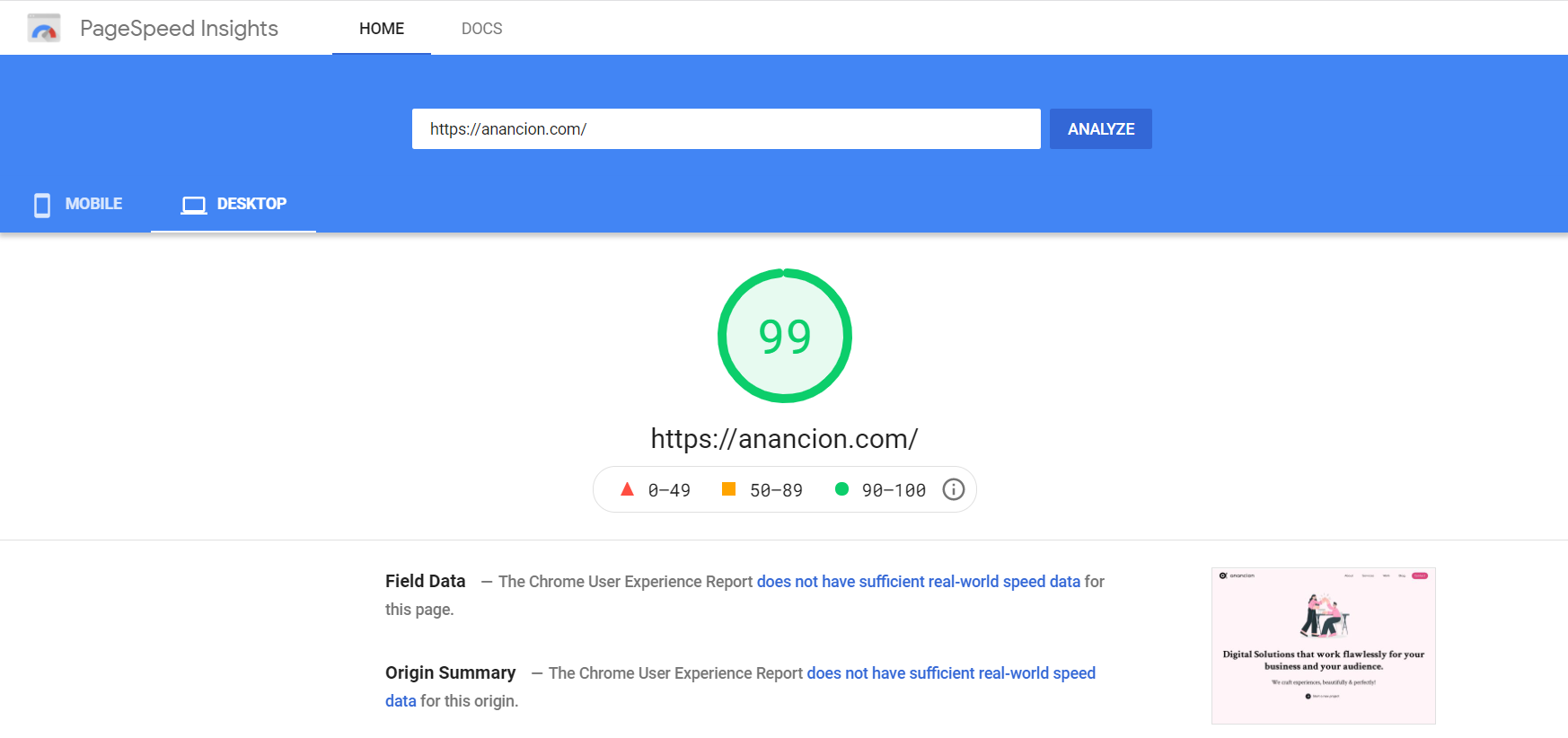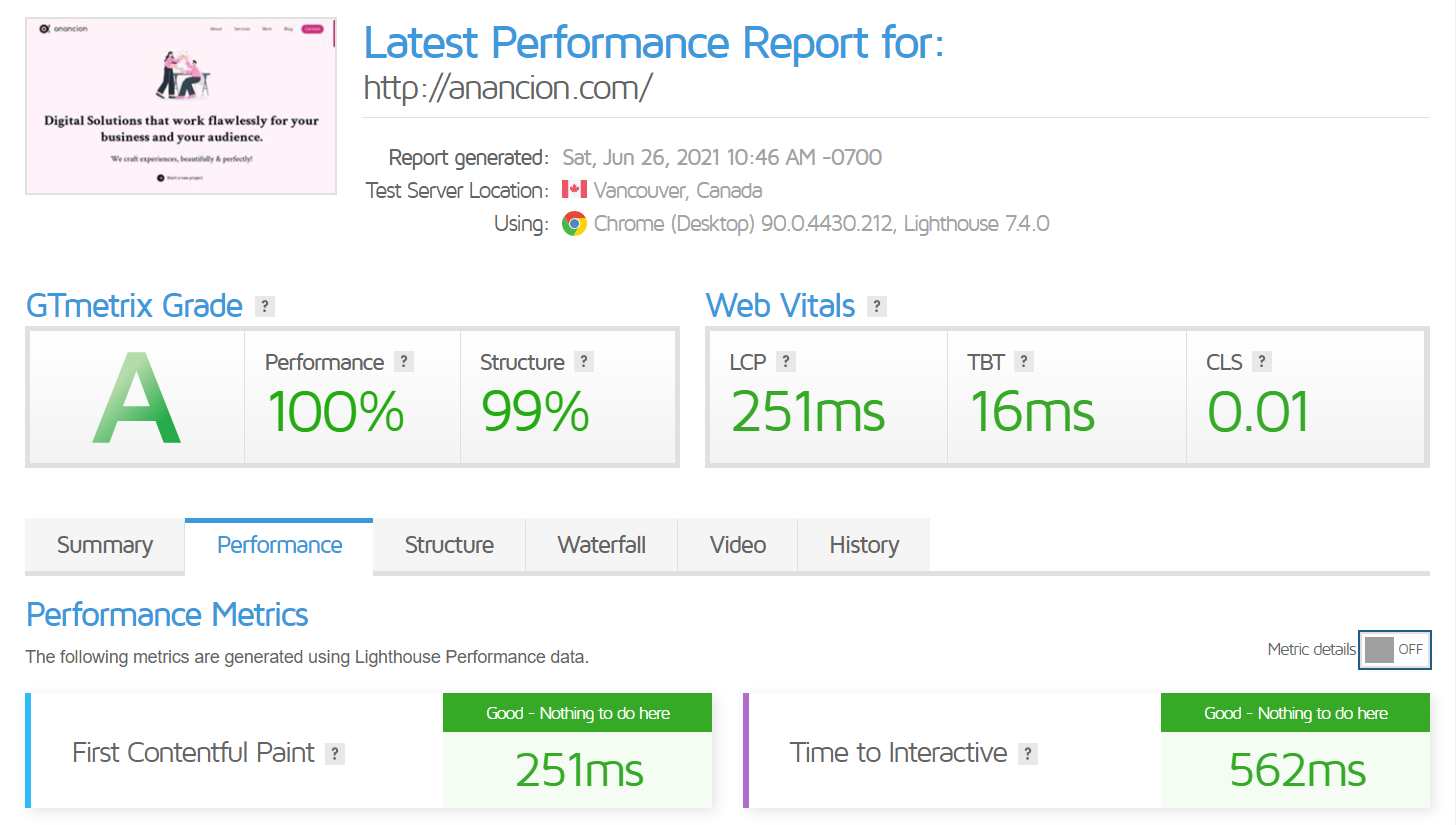
Author

Founder
Don't get me wrong. I love WordPress. It's amazingly wonderful. It powers almost 37% of websites of the world, - and rightfully so. It's powerful, customizable, and easy to work with - what else would a developer want?
We have made quite a few websites in WordPress, and they all are pretty stable and working great till now. Even, my and my wife's personal website A Happy Couple is built on WordPress, and it works great.
However, some of its strengths also pose as its weaknesses, which makes it a deal-breaker for us while working on highly tailor-made solutions.
WordPress is a Monolithic System
This means, it handles both the frontend and the backend itself. It's not inherently bad, but when you consider different plugins, and theme combinations, the website assets (CSS, JS, HTML) become massive, and at a stage starts slowing down the website and impact the performance negatively.
Many times, even if you require just one specific functionality, you have to use the plugin as a whole, which bloats the websites with unwanted code.
When you are aiming at a high-performance website, with flexibility and capability to target all the different devices and platforms in today's digital age, separation of concerns comes in handy.
Separating frontend from backend ensures the website stays lean, both parts of the system can do their own job, and targeting multiple devices and multiple platforms becomes a breeze.
This separation also ensures the backend can focus solely on data handling and management, and the frontend can focus on purely presentation, performance, and optimization for end-user.
There's a reason why our websites consistently perform a solid 99-100 on Google and GT Metrix!
Results - Google PageSpeed:

Results - GTMetrix:

WordPress Websites Look and Feel Almost Similar
WordPress websites share a common framework - WordPress. This means more than often, different WordPress websites will look and feel similar. It's not impossible, but it's kind of difficult to make a WordPress website stand out. For us, sometimes it feels like we are fighting against the framework to achieve the desired result.
All WordPress Websites Share Common Security Loopholes and Vulnerabilities
Because all the WordPress-based websites share the same codebase, any security loophole in the codebase affects all the WordPress websites. It's scary. Very scary. No matter how hard we try, it's pretty much easy for hackers to figure out if a website is using WordPress, and subsequently use the common loophole/vulnerability to try and get access to the website.
The situation is even made worse by the plethora of available plugins and themes. More than often the Plugins and themes developers need time to properly test, fix and roll out the new versions with bug and vulnerability fixes. Plus, when a new WordPress version is released, all of your plugins/themes might not become immediately compatible with that new version, which can force you to stay on an unsecured version - worsening the situation even more.
As I mentioned in the beginning, as of writing this article WordPress powers 37% of the websites globally, which means a whopping 64 million websites! That's a huge, huge number. Sadly this means the above two issues are true for all those 64 million websites.
WordPress is Overly Misused!
There is no denying that WordPress is one of the easiest CMS to set up for developers. It means even those developers who are fairly new to Web Development, and are starting up tend to (mis)use and (mis)configure WordPress. Which results in a poorly performing website.
When you talk to a client who has had a very bad experience with such a scenario, they generally tend to get opinionated that if a company/developer is proposing WordPress, they might not be competent enough. Which obviously is not at all true. I personally do know many brilliant WordPress developers who can do wonders with a standard WordPress install.
Having said that, we think, it would not be wise to push WordPress to a client who has already had a bad experience with it.
Takeaway
In a nutshell, if I have to summarize why WordPress doesn't work for us, I would say:
We want to provide our clients a highly customized, functional, and result-oriented experience tailor-made to help them solve the specific problems they are facing. And this can not be achieved by ready-made solutions.
I hope this article was able to convey the point across that WordPress is not inherently bad. In fact, it's a wonderful framework. But it has its uses, which for us doesn't fit in our use case of delivering customized, tailor-made solutions.
Having said all this, we are not dead against WordPress. Who knows, in the future, someday we might have a specific problem for which WordPress stands out to be the most effective and efficient solution. We would love to use it then 😄!
If you found this article interesting, make sure you share it with your friends, family, and colleagues who you think might find this helpful or might have something to say about this.Until next time, cheers!